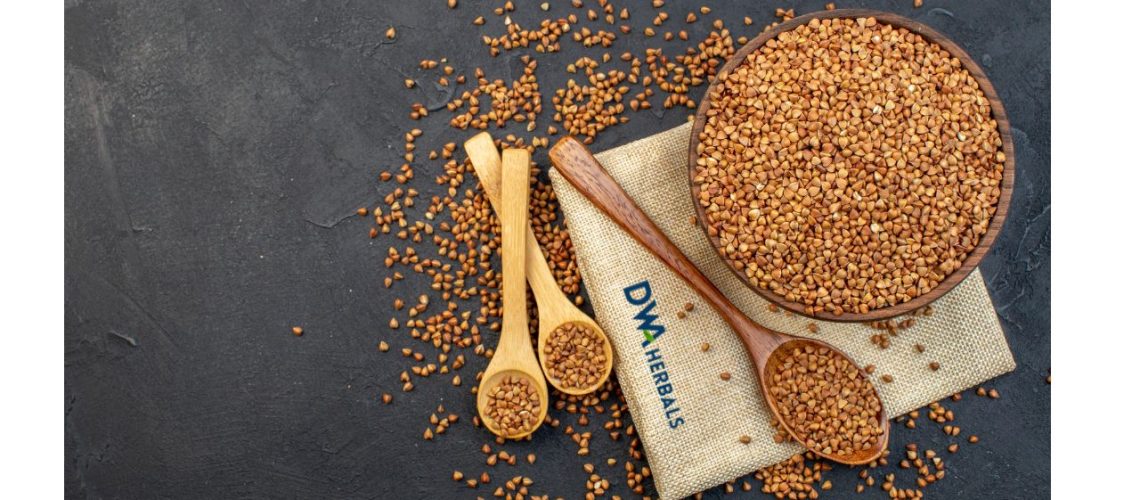
In recent years, there has been a growing awareness and appreciation for ancient grains like millet and jowar as a healthier alternative to traditional staples like wheat. These grains, often overlooked in favor of more mainstream options, offer a plethora of health benefits that make them worthy contenders in our quest for a nutritious and balanced diet.
Millet and jowar, once considered “poor man’s food,” have now found their way into the spotlight as superfoods. Millet is a small-seeded ancient grain that comes in various types, including pearl, finger, foxtail, and proso millet. Jowar, also known as sorghum, is a gluten-free grain that has been a staple in many cultures for centuries.
Incorporating millet and jowar into our diets can be a simple yet impactful step towards better health. These ancient grains bring a wealth of nutritional benefits, catering to a diverse range of dietary needs and preferences. As we strive for a healthier and more sustainable lifestyle, embracing the goodness of millet and jowar can be a flavorful and fulfilling journey towards overall well-being.
Dr Sushil is a researcher and founder of D WA Herbals with objective of providing healthy longevity to society. His aim is to develop food and drink-based products by using the inherent qualities of traditional herbs by optimizing their effect through modern technology, making our products extremely user-friendly. The research is focused on various lifestyle issues such as anxiety, stress, metabolism, digestion, immunity and may more which impact the health and lifestyle.
© 2023 DWA HERBALS. All Rights Reserved. Designed by NXlogy